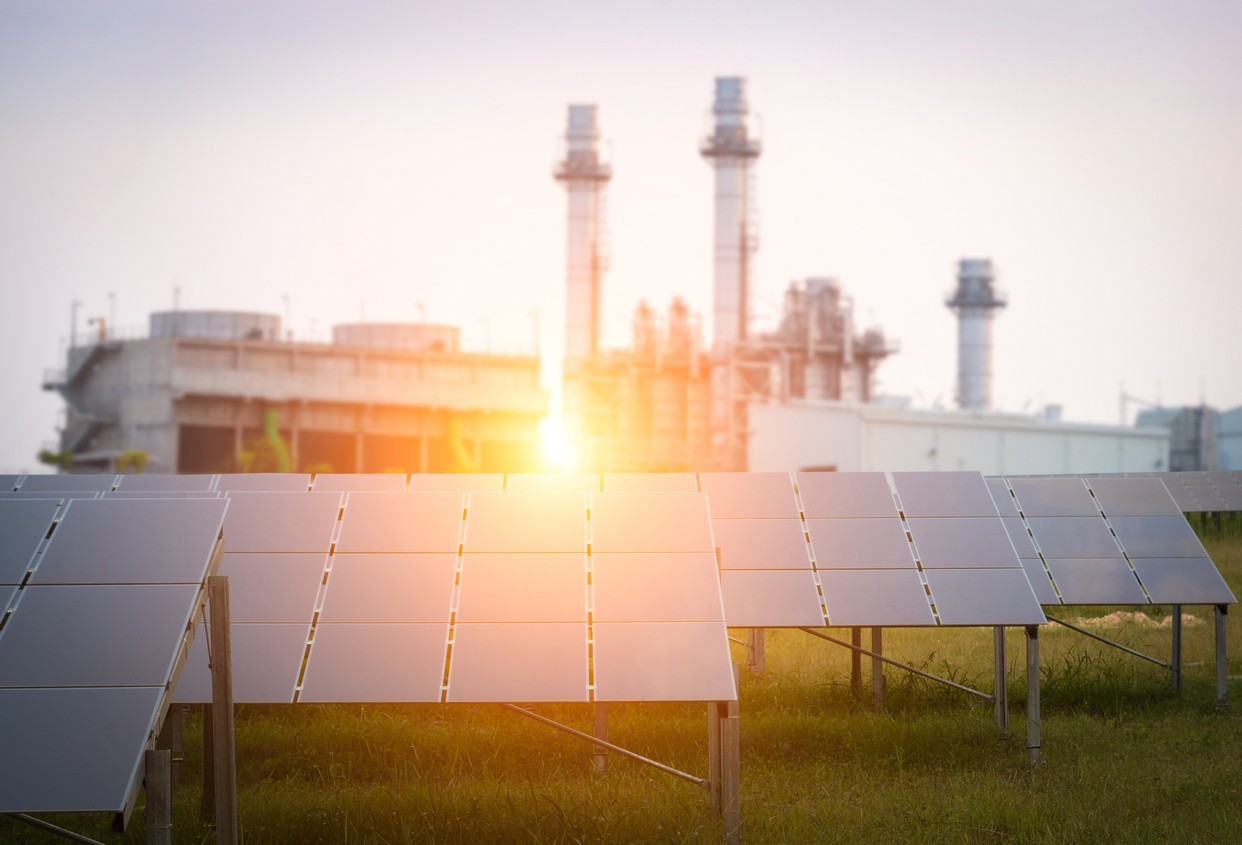
The placement of industrial solar panels has a significant impact on both their effectiveness and general performance. This quick guide can assist you in choosing the ideal location to put solar panels. Hence, you receive the greatest investment return if you consider joining hundreds of thousands of business owners using rooftop solar energy panels.
As is well known, the industrial sector is expanding quickly. Industrial owners are particularly bothered by the high power expenses in this context. Some companies, including those in the chemical, paper, textile, and other sectors, are already using industrial solar panels as a substitute solution to this problem.
Regarding power consumption, the industrial sector of our economy is one of the most important. Several firms now consider installing industrial solar panels the best option because of increased public knowledge of their benefits.
Significantly, both off-grid and on-grid solar panel systems can use industrial solar panels. Therefore, it is advantageous for businesses to adopt solar panels for industrial usage that are functional at night. That said, let us continue and clarify further uses for solar panels in the industrial sector.
But First, Why Should You install Industrial Solar Panels?
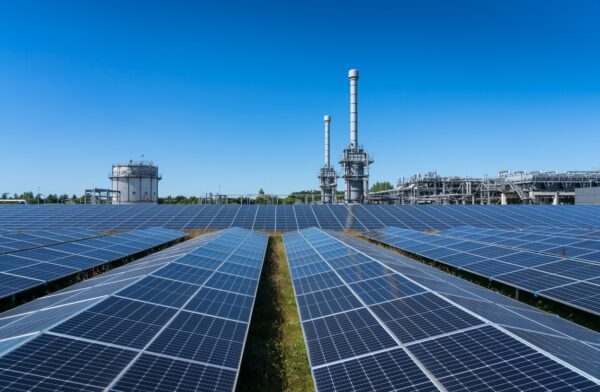
An industrial solar system has many advantages for various companies and enterprises.
No Constraint of Space Availability
The availability of ground space typically is not an issue because a solar panel for the industry can also be put on the rooftop. Due to its adaptability in installation, solar rooftop energy the industry is a viable substitute for the high electricity demand.
Availing Tax Credit
By suitable capital subsidies, depreciation, and other financial incentives, the businesses that own private industrial solar power plants can also gain significantly from tax breaks.
Returns on the Cost of Investment
Solar panels for industrial applications require a one-time installation fee. With such a setup, businesses can quickly recoup their long-term investment expenditures. The returns soon begin to be repaid.
Affordable and Fixed-Cost Alternative
The solar power industry offers a fixed-cost solution as solar panels have a lifespan of up to 25 to 30 years. Besides, the maintenance of an industrial solar power plant is also inexpensive.
Reduced Carbon Footprint
In contrast to businesses that rely on fossil fuels, the solar energy sector does not produce carbon emissions or air pollution. It generates no ashes or other waste materials and only utilizes sunlight as an input.
Cheaper than Traditional Power
Industrial facilities need a lot of electricity to run their activities. It results in the payment of substantial bills. When solar rooftops are installed for businesses, most of your electricity is generated by the Sun. As a result, the expenses drop, and the net profit rises.
How Has Technology Helped Solar Panel Placement?
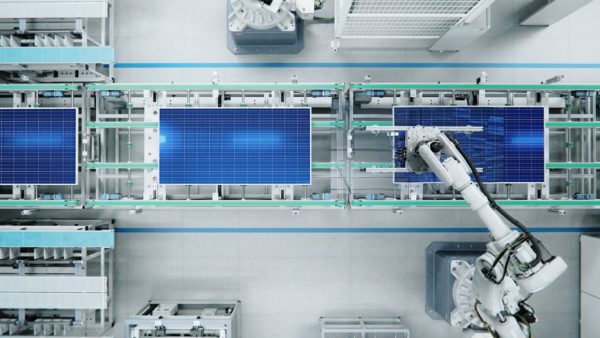
Before getting into site specifics, it is crucial to remember that solar technology has advanced significantly over time, giving business owners considerably more freedom in where to install their panels.
In the past, solar panels could only generate enough electricity when they faced true south and were located in areas with consistent, year-round sunlight. Hence, you were not advised to invest in solar panels if your property was not facing south or in a rainy, overcast region because the savings might not have outweighed the cost.
Direction and location are not nearly as important now. Panels can be positioned on the ground or roof, facing east or west, and still, gather a sizable amount of energy — more than enough to lower overall energy use and save money on monthly electricity bills.
Tilt and Direction of Industrial Solar Panels
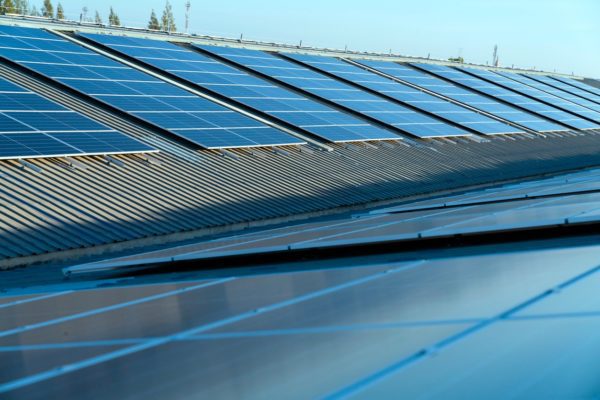
True south is the ideal azimuth or direction to face solar panels in the United States. Solar panels that face in this direction can get sunshine all day long. It is vital to distinguish between real south, defined by longitude, the north-south lines that connect the physical north and south poles, and magnetic south, which is determined by a compass.
A compass can only point you in the general direction of the true south since the geomagnetic south pole of the Earth differs from the geographic south pole.
The time-of-use (ToU) billing system is an exception to the south-facing restriction. ToU requires utilities to raise the price of electricity to lower consumption spikes at certain times of the day. If your utility uses ToU billing, it will make sense, in this case, to have your panels facing further westward to maximize electricity production in the afternoon and reduce the higher price of the utility bills.
The tilt or pitch angle of your panels, which is dictated by latitude—the fictitious east-west lines that band the planet—is the following factor to consider. The optimal pitch angle maximizes the amount of sunlight that reaches the panels.
The solar panels will be more horizontal the closer the installation gets to the equator. On the other hand, installations that are closer to the poles would have more vertical panels. Pitch angles between 20 and 30 degrees are typical in the U.S.
Location
The location of solar panels in your industry is another crucial factor. Depending on your location, you have a few options:
Rooftop
Due to the rapid and simple installation process, a flat roof might provide an excellent location for onsite business solar panels. The panels can protect the roof from damaging UV rays while lowering the cost of summer cooling, which is one of its other advantages. Pitched roofs might also provide good sites. There are a few things to think about:
- Is the roof it facing south? Roofs that face either east or west may be used.
- Is your roof unobstructed by nearby trees or buildings?
- Is there sufficient space on the roof for commercial solar panel installation?
- Can the roof support an installation?
Ground
If any of the aforementioned conditions prevent your installation on your roof, you should consider using ground-mounted solar if you have the room. Ground-mounted sites should take the following into account:
- Is it unobstructed and shade-free?
- Is it a fairly flat area? The cost of installation may increase on steep terrain.
- Does it have good drainage, and is it generally dry? Avoid areas with standing water and floodplains.
- Is it 500 feet or less from your building? Installation is possible at distances considerably more than 500 feet. However, doing so would raise the installation cost.
Are Certain Types of Solar Panels More Effective?
There are many different types of solar panels available from a variety of suppliers. However, you might not be aware of this. The two types that are most frequently used are the more expensive but more effective monocrystalline solar panels and the less expensive but less effective polycrystalline solar panels.
You can choose the panel that is best for you independently of where you want it to be placed, even though these panels all function to attain varying degrees of output.
Factors to Consider For Selecting an Industrial Solar Power Plant
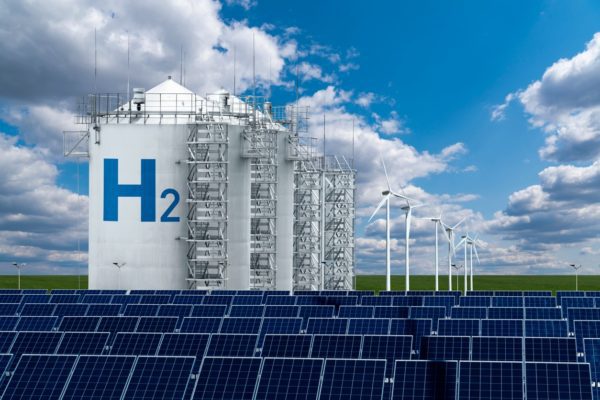
So how do you pick the best solar system for your factory? Some important aspects to take into account while choosing an industrial solar system are as follows:
Unit Nominal Power of Solar Cell: There are numerous variants available on the market from different manufacturing brands. Common unit nominal cell powers include 180Wp, 330Wp, and 400Wp. Choosing a power unit that meets your needs is best while considering other variables.
Cable Type: For improved productivity, copper cables with a voltage grade of 1800V should be utilized for DC, while aluminum cables with the same voltage can be used for AC. This is a crucial feature to consider when selecting a solar panel system.
Solar Plant’s Capacity: This is a commercial solar energy system’s average daily production capacity.
Solar Plant Monitoring System: Your industrial solar panel system’s plant monitoring system should use cloud-based monitoring.
Rating of Inverter: In solar farms and other places, solar inverters function as converters to shift direct current to alternating current. An inverter with a high rating is advantageous.
Performance Ratio: The solar power plant’s performance ratio should be greater than 80%. Before purchasing a solar panel system, make sure to verify this ratio.
Annual Maintenance Charges: As there are no moving parts, the industrial solar panels need routine cleaning and maintenance. It usually amounts to 1% of an industrial solar system’s initial cost. Yet, it should be taken into account.
Operation & Maintenance (O&M): For the creation of useful energy, efficient operation and maintenance, including general and specific checks, are essential.
Payback Period: The payback period, often known as the time it takes to recoup the initial installation costs, varies depending on the type of solar plant installed. People often see the payoff, though, after 4 to 5 years.
Coldwell Solar Can Design and Install Your Industrial Solar System
Many companies in our nation have recently begun turning their attention to the solar energy sector as they weigh the advantages of installing commercial solar panels. Every sector chooses to go green, whether in the hospitality industry, the healthcare or technology sector, government offices, or NPOs.
Installing industrial solar panels at your location is unquestionably an investment in a better and more prosperous future for your company and society. Contact Coldwell Solar for more information on establishing an industrial solar system to begin taking advantage of all these benefits for your business.

